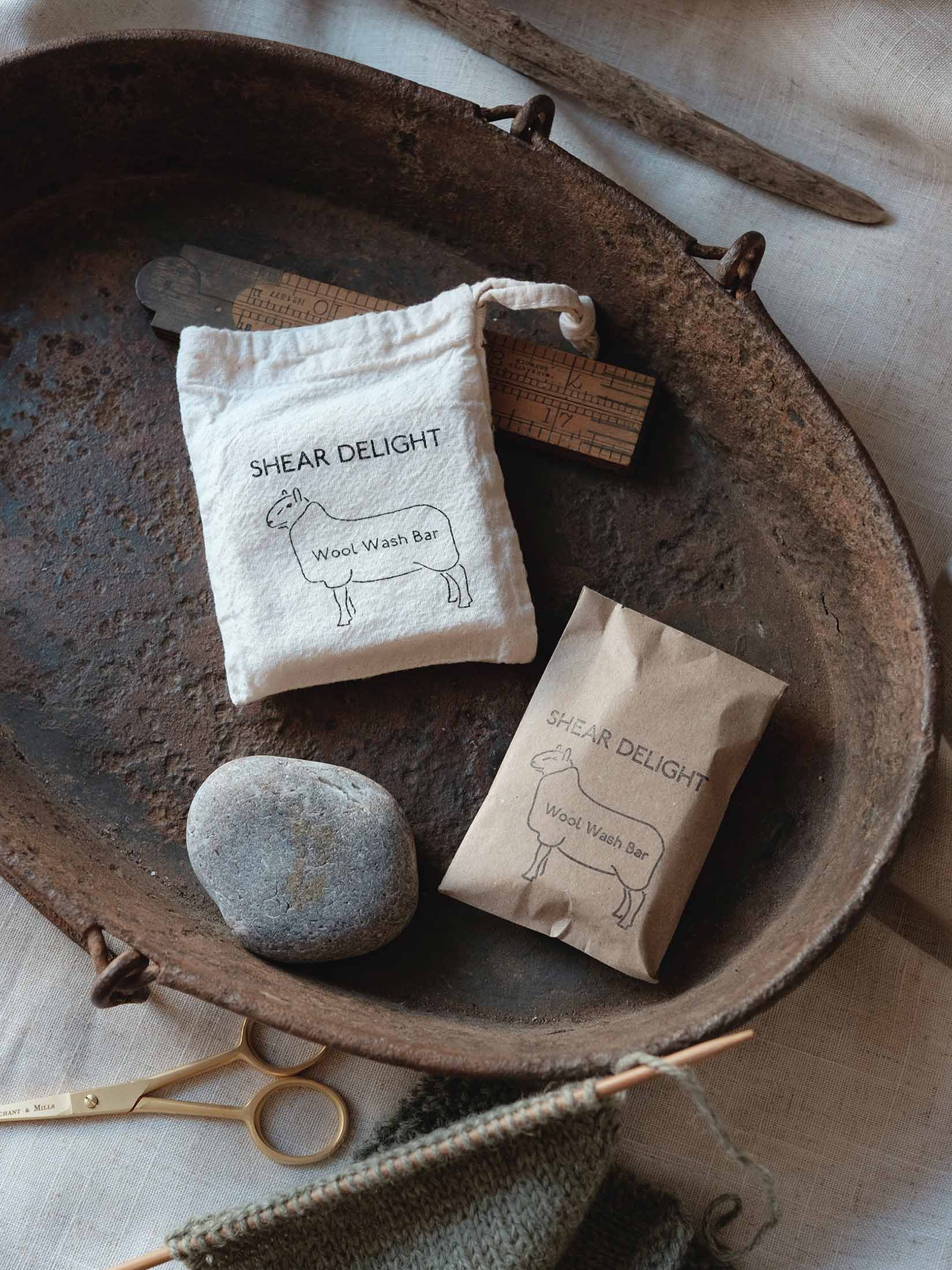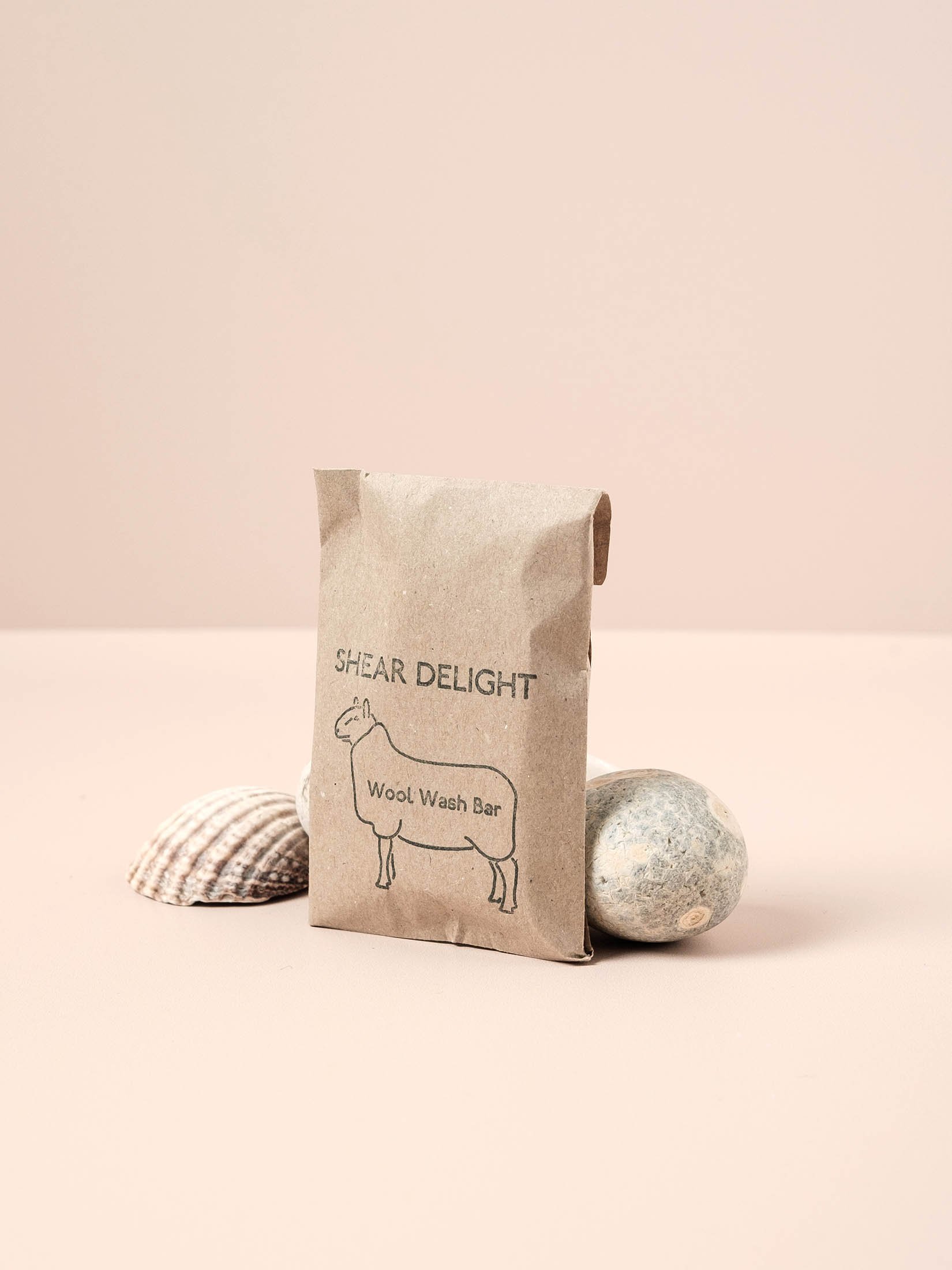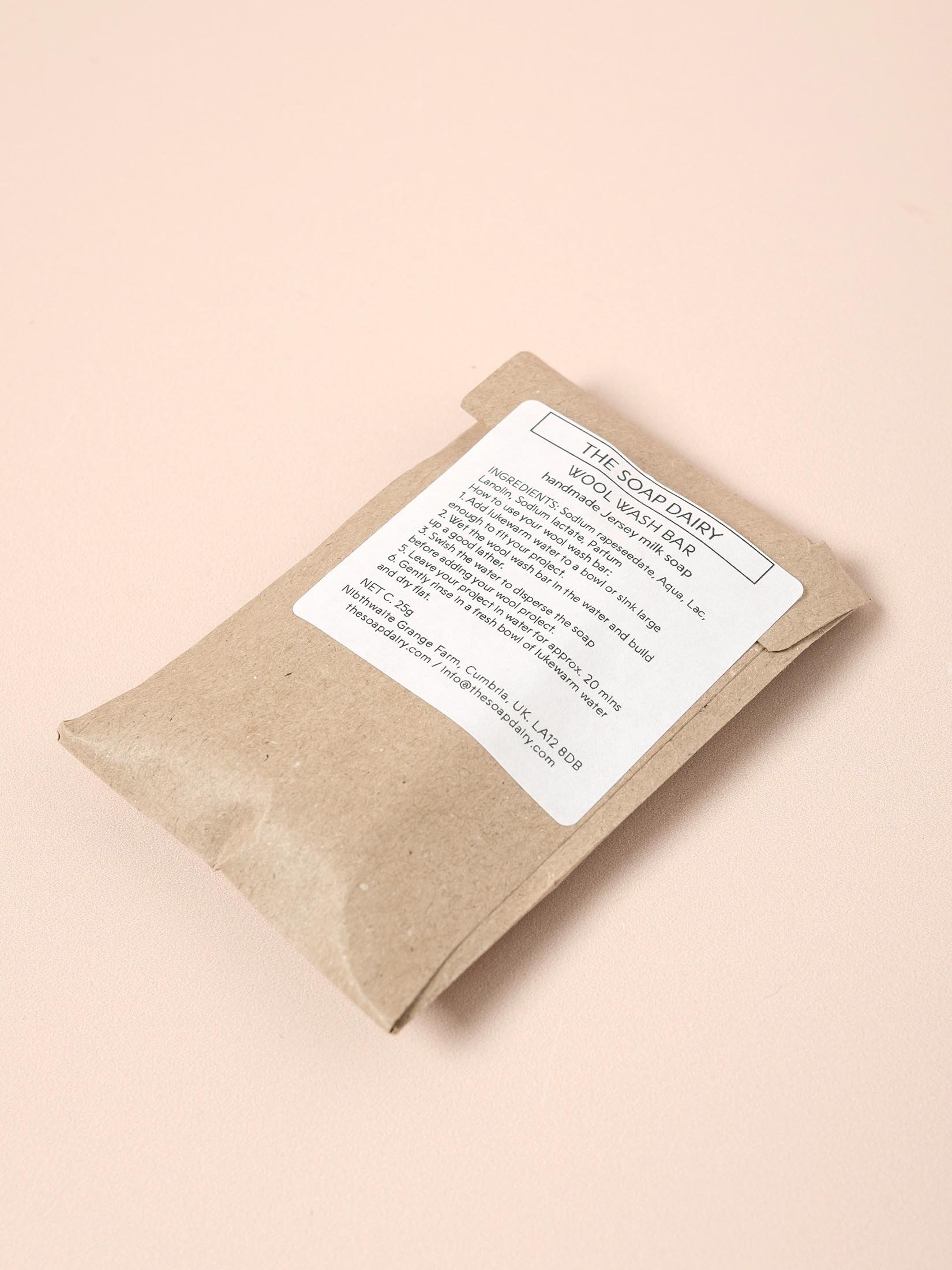 Image 1 of 2
Image 1 of 2

 Image 2 of 2
Image 2 of 2



Knit Pro Rainbow Knit Blockers
These handy blockers from Knit Pro have more than one pin tip, so are ideal for wide width projects and straight edges. Anchor holes in each blocker allow you to attach a string along the longer side, which can be pulled to maintain even tension.
Made of durable plastic, with rust-resistant stainless steel pins. These blockers come in a box containing twelve blockers with eight pins and eight blockers with four pins.
These handy blockers from Knit Pro have more than one pin tip, so are ideal for wide width projects and straight edges. Anchor holes in each blocker allow you to attach a string along the longer side, which can be pulled to maintain even tension.
Made of durable plastic, with rust-resistant stainless steel pins. These blockers come in a box containing twelve blockers with eight pins and eight blockers with four pins.
These handy blockers from Knit Pro have more than one pin tip, so are ideal for wide width projects and straight edges. Anchor holes in each blocker allow you to attach a string along the longer side, which can be pulled to maintain even tension.
Made of durable plastic, with rust-resistant stainless steel pins. These blockers come in a box containing twelve blockers with eight pins and eight blockers with four pins.
Top Tips for Blocking Your Hand Knits
Blocking is the final stage in knitting a garment, and it can make your stitches smoother, even out tension, opens eyelets and lace patterns and make the shape of your knit more uniform. Here are our top tips for successful blocking:
Wet blocking is the best option for most natural fibres. Use cool water and let your knit soak for between 15-30 minutes. You can use a little wool wash if you like, but make sure that you rinse it out if it isn’t a no rinse wash. Avoid placing your item under running water as it could cause felting.
Use a washing up bowl or a kitchen bowl for smaller items to avoid filling the whole sink/bath.
Try not to wring or twist your item when you remove it from the water as this can distort the fabric. Gently press out as much water as possible by rolling it up in a towel.
The right tools help. If you are planning to block your knitting regularly it’s worth investing in some blocking mats and pins. However it’s still perfectly possible to block your knits if you don’t have these: simply shape your item while it is damp and allow it to dry flat. If you do choose to pin it out, make sure to use rust proof pins.
Refer to the pattern when blocking your item to ensure that it is pinned out to the correct size. Measure symmetrical pieces from the centre of the work
Beware of over blocking. Blocking will relax your knit, and natural fibres are very pliable when wet, so it is possible to stretch it a little, but you risk damaging or breaking the fibres if you try to stretch it too much. You also won’t be able to make an item any smaller by blocking it.
Allow the garment to dry completely before removing pins.
You don’t have to block everything you knit! Some stitch patterns such as lacework really need to be blocked to look their best, but blocking does tend to flatten out a piece, so it may not be the best option for cables. It’s always worth wanting and blocking your swatch if you are unsure. Also if you like how a piece looks straight off the needles, it’s absolutely fine to wear it without blocking.












